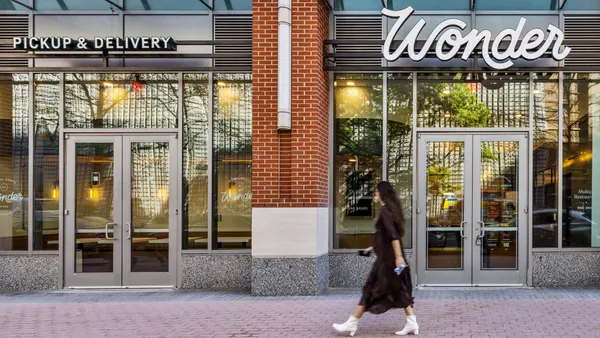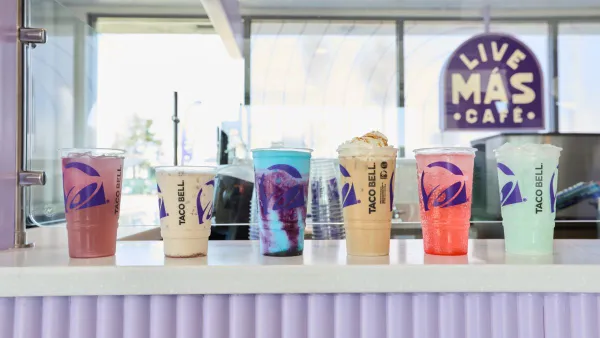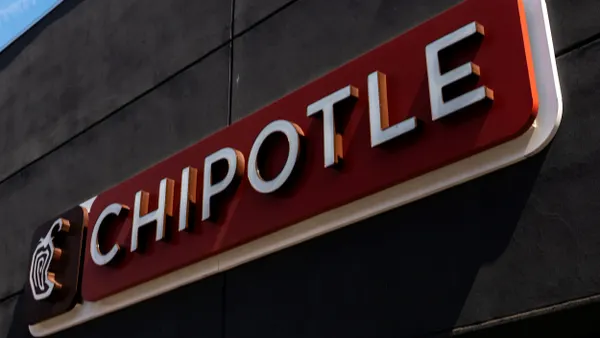Dive Brief:
- Planta, a vegan full-service chain with restaurants in six states, as well as Washington, D.C., and Toronto, Canada, has filed for Chapter 11 bankruptcy protections, court records show.
- The chain’s menu adapts traditional meat dishes, including “sushi, burgers, ceviche, dumplings, and noodles” with vegan ingredients.
- Planta’s CEO Steven Salm blamed inflationary pressures on input costs and consumer pullback as driving factors behind its bankruptcy, according to a court filing.
Dive Insight:
Planta’s rapid construction of 12 restaurants in three years exacerbated pandemic-induced disruption and other macroeconomic headwinds, Salm wrote in the filing.
The company grew rapidly from its founding in 2016. That year, its revenue was $3.5 million, but last year it posted more than $46 million in sales. Changes in cost structure and in the restaurant business as a whole, however, damaged Planta’s profitability.
Planta faced increased labor and food costs, while pricing moves meant to offset increased input costs hurt consumer traffic. The increasing importance of third-party delivery apps also weakened the brand’s cost structure, according to the filing. To mitigate these cash flow problems, Planta “entered into a convertible note purchase agreement with Anchorage Illiquid Opportunities Master.”
According to its bankruptcy filing, Planta owes between $10 million and $50 million to its creditors. The declaration filed by Salm shows that the operating restaurants primarily lease their space from commercial landlords. Late last year, the chain began negotiating with some landlords to exit unprofitable leases. Planta’s board was presented with conditions for securing additional capital on which it could not agree. Following the failure of those negotiations, the company began to fall further behind with its landlords, according to the filing.
Many brands and operators have filed for bankruptcy in the post-COVID-19 period, as the stimulus and low-interest rate environment of the early part of the decade gave way to broad-based inflation, a higher cost of capital and, ultimately, declines in consumer discretionary spending. This has driven bankruptcies among restaurants ranging from large QSR franchisees to small fast casual pizza brands and fine dining concepts.
The issues cited by Salm in the filing have appeared in other restaurant bankruptcies in recent years. One Table Restaurant group likewise said third-party delivery fees had unfavorably altered its cost structures when it sought Chapter 11 protection in 2024. And Red Lobster’s bankruptcy was, in large part, caused by the expense of renting real estate, rather than owning.














